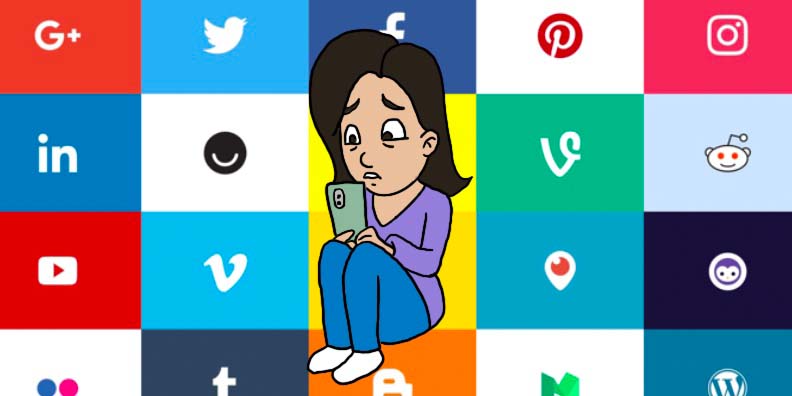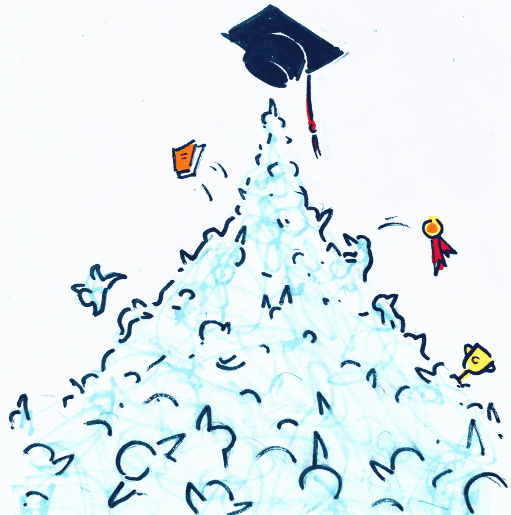Fixing Social Media Addiction in Teens
Social media’s contributions to society are undeniable. It has empowered small businesses and allowed friends and family to stay connected during a global pandemic. However, the companies behind the largest platforms harvest vast amounts of user data in an attempt to retain the attention of teenagers and keep them scrolling. There is only one response that eradicates this fault: increased regulation.
Many of us are guilty of scrolling through our social media feeds at three a.m. or watching one TikTok video after another. Big tech companies exploit our attention not only through tracking and recording metrics: they also collect more subtle data, like time spent looking at a photo or who your friends and followers are, to create a comprehensive digital profile about each user. This profile is why it often seems like your apps know exactly what you want to see – they do. The business model of social media companies relies on advertising, so the more time users spend on their apps, the more revenue they generate. They also sell data directly to advertising companies. As computer scientist Jason Lainer said, “We’ve created a world in which online connection has become primary… And yet, in that world, anytime two people connect, the only way it’s financed is through a sneaky third person who’s paying to manipulate those two people [for their data].”
This artificially-created addiction to social media is hurting teens. According to a 2018 study by the Addiction Center, almost a third of adolescents who spend three hours a day on social media exhibit symptoms of poor mental health. Additionally, according to an internal survey conducted by Facebook, the company that owns Instagram, “Thirty-two percent of teen girls said that when they felt bad about their bodies, Instagram made them feel worse.”
Despite the far-reaching influences of technology, the sector faces fewer regulations than other major industries, such as aviation or automobiles. Critical issues, like data protection and usage, have little to no regulation. It is clear that the government must implement measures that restrict how much data social media companies can collect from users in order to curb the rate at which these apps’ complex algorithms can hook teens into spending hours on end on their platforms. Student Nick Astorian ’22 said, “Companies are primarily driven by one thing: profit. As such, many data scientists are employed by social media companies to develop algorithms that keep users addicted. Data science is dangerously powerful. For example, by using millions of users’ data, Cambridge Analytica was able to massively sway international elections. We should try our best to be cognizant of the time we spend on social media, as it has purposely been engineered to be as addicting as possible.”
While social media has done much good in society, a dark reality of manipulation lies just beneath the surface. As long as the government turns a blind eye to social media corporations’ interaction with youth, the issue of teen addiction will only continue to grow.






